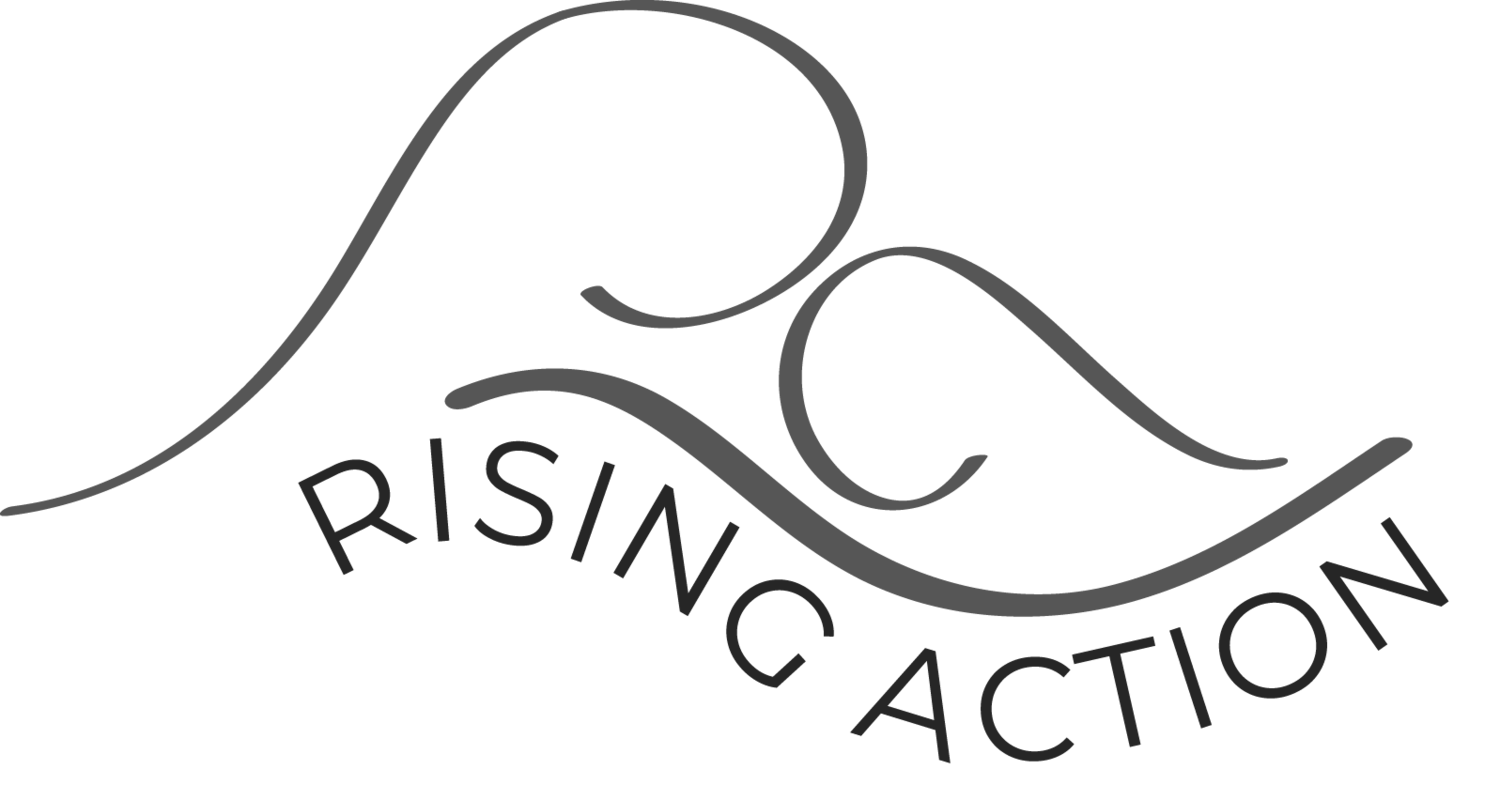The Different Types of Book Reviews for Self-Published Authors
You’ve self-published your novel, and now you are waiting for reviews. But where do reviews come from, and how do you get them? This guide to explaining the different types of reviews and where to find them will help you decide where to focus your efforts.
Friends and Family
This the easiest and most overlooked way to get reviews. Don’t discount your friends and family as potential reviewers. And definitely, don’t be shy about posting about your book on Facebook (if your account is private, make sure you make the post shareable)! You’ll be overwhelmed by all the people who will not only buy your book but read it as well! The same goes for email - send an email to family members you don’t have on Facebook and ask them to read and review it.
Bloggers and BookTubers
There is a huge community of book bloggers out there who provide written reviews on their websites, Goodreads, Amazon, Twitter, and/or doing video reviews on Youtube (which they refer to as Booktube). Yet, these people, especially those with a big following, know their worth to self-published authors and will be discerning. Follow their submission requirements to the letter, be polite, and always offer a free copy. Print copies can help sway a Booktuber. Their response rate is quite low, but every one promotes your book to many readers, so it’s worth spending a couple of days researching and emailing these people.
Amazon “Verified Purchase” Reviews
Anyone who has spent more than $50 on Amazon can write a review of any product, even if they haven’t purchased it. This is great because it allows those bloggers (see above) who received a free copy from you to post a review for you on Amazon. The only difference between verified reviews and regular is that “verified” means the customer has actually bought the novel.
Goodreads Reviews
If you’re a writer, you’re likely a reader, so you probably have heard of or use Goodreads. Most readers who write reviews only publish them on Goodreads. Even a “stars only” review is great for your marketing. Like book bloggers, you can reach out to readers on Goodreads, though make sure to check their profiles first in case they have “cold call” submission requirements or prefer you do so through a website. Hint: readers with a small number of followers are more likely to respond to your message than those with the maximum amount who publish reviews daily.
Editorial Reviews
On Author Central, you’ll notice a spot for “editorial reviews”. What are those? These are reviews from a well-known and legitimate reviewer, such as Kirkus. These places require you to pay for a review ($100+), which you can then use on your marketing. It’s recommended to have at least one of these, though make sure you go with a legitimate company. Kirkus, Self-Publishing Review, and Reedsy Discovery are well-known reviewers.
Self-Published Review Websites
These websites are wonderful for indie authors. These are websites where authors can submit their book to a host of guest reviewers for free or relatively inexpensively. Publisher’s Weekly has a free service, though a review is not guaranteed.
NetGalley
Publishers generally use ARCS to convince readers to obtain early reviews and reader reception. Self-published authors can also post their novels on NetGalley. It’s not cheap, but NetGalley users are required to post reviews and are more motivated than most. There are similar programs, such as BookSirens, you can use as well.
Let’s say you do get a lot of reviews. Why is this good?
You can use these reviews to promote your own book. You can take 1-2 line snippets and post them on social media to entice readers.
You can post them on your website.
You can include them in the front matter of your book. When people click on Amazon’s “Look Inside” or at a store, they will see 3 - 5 glowing reviews, which may encourage them to buy it.
Review Places to Avoid
Review Swapping Sites
Do not do a “review swap” with another self-published author. This goes against Amazon’s review policy and can get your book removed from the site. Even if you’re being objective, it still goes against Amazon’s policy.
Buying Reviews
A soon as you publish a book, your inbox will suddenly receive some emails from people “wanting” to read and review your book. These people are scams. They charge you money to review your book on Amazon. On top of being morally wrong, this goes against Amazon’s policies and can get your book banned.
Similarly, don’t go on Fiverr and hire someone to write you a review. Amazon has ways of finding this out and will ban you from their site.

